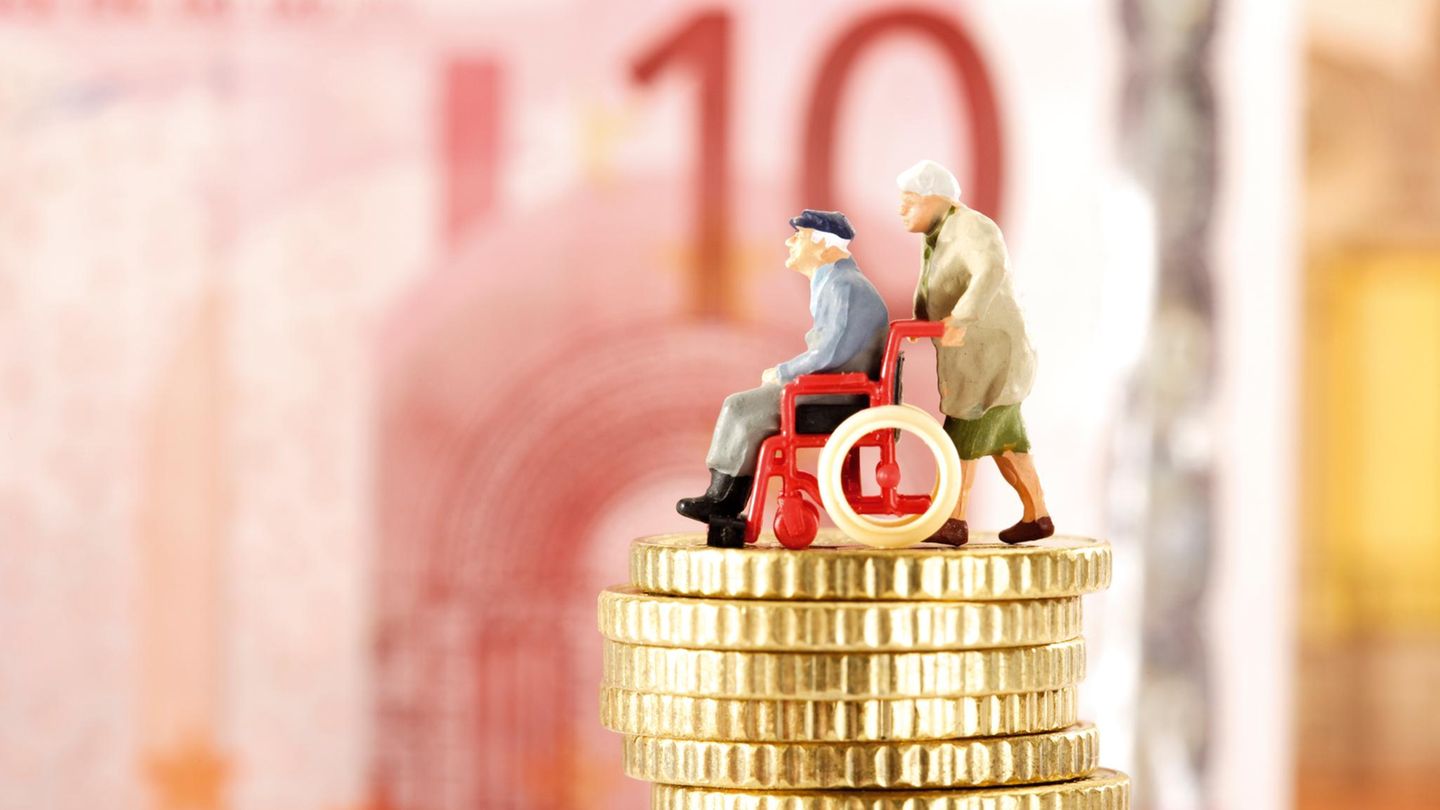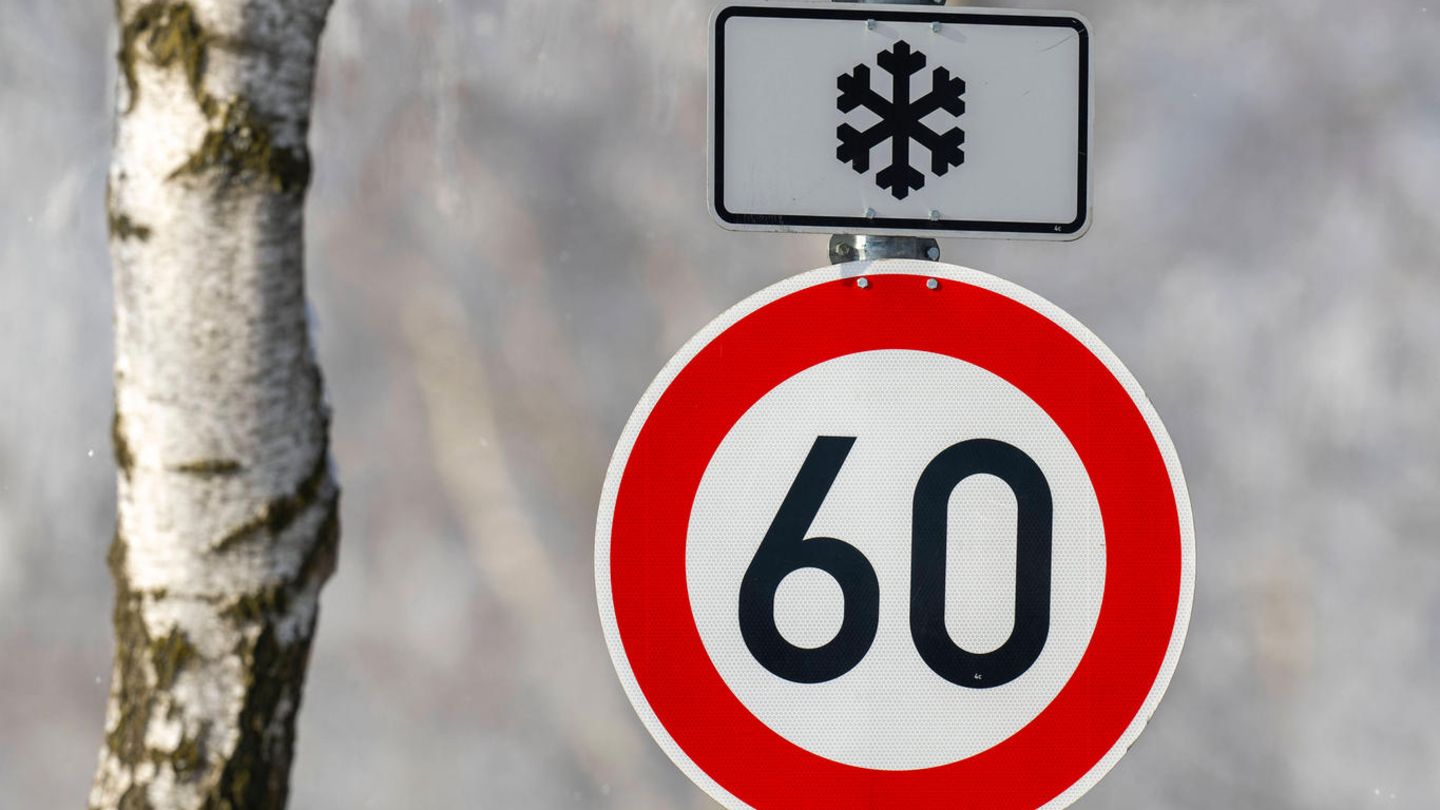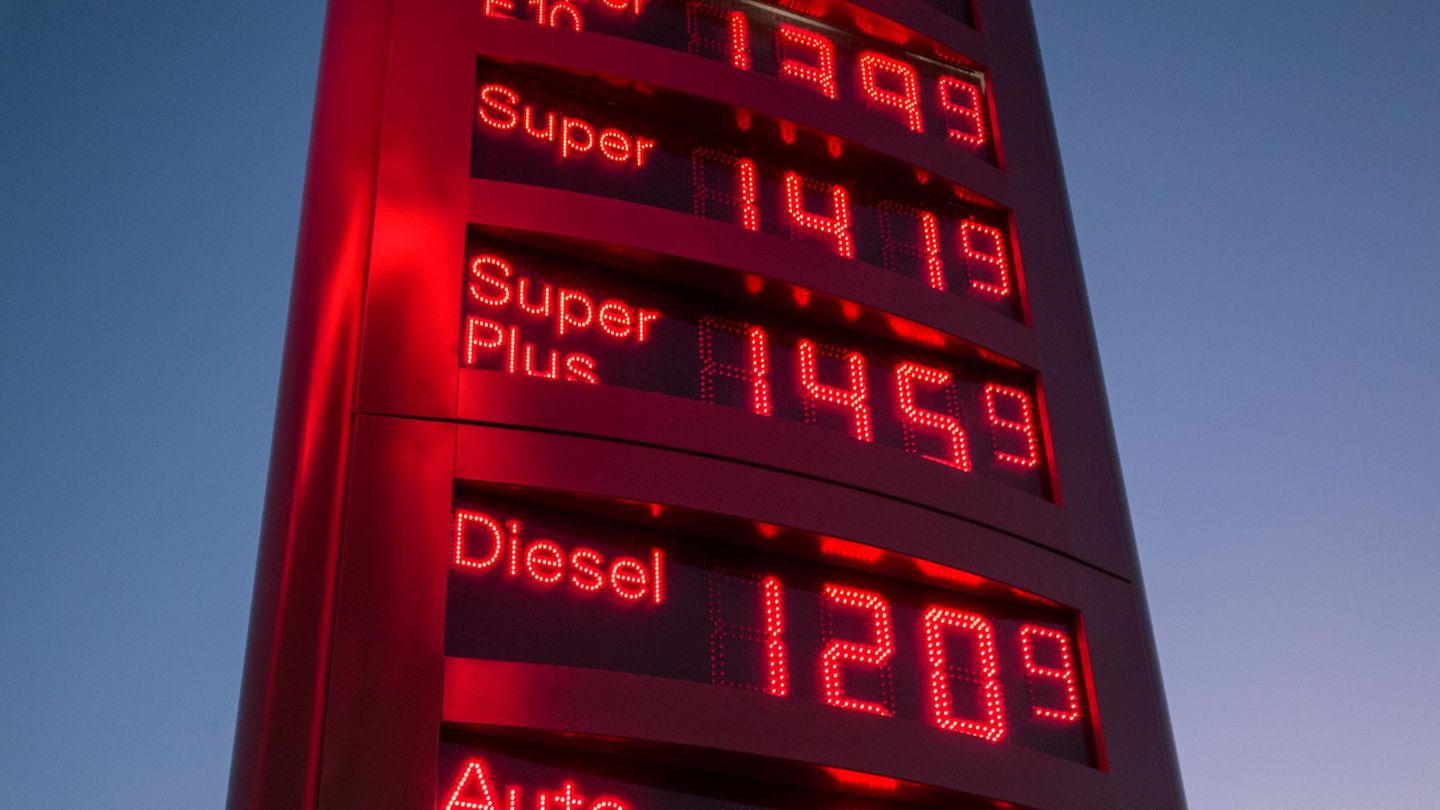According to the energy company Eon, Germany is not prepared for hydrogen. Germany’s largest energy company wants to assess the development of the hydrogen economy twice a year.
The energy company Eon is pushing for better conditions for the expansion of the hydrogen economy in Germany. On Wednesday, the Dax group presented its H2 balance for the first time, an assessment of the development of the hydrogen economy. Accordingly, Germany is not sufficiently prepared. With a view to the year 2030, neither the domestic production capacity for climate-neutral hydrogen is sufficient, nor can German import requirements be covered.
“In addition, there is a lack of infrastructure to bring hydrogen to customers,” it said. The analysis is based on data from the Energy Economics Institute (EWI) at the University of Cologne. Eon wants to publish its assessment every six months in the future. The data is a wake-up call, said Sales Director Patrick Lammers. “We’ll let this alarm clock ring once every six months.” As one of the largest gas network operators in Europe, Eon says it is “a pioneer of the hydrogen economy”.
For example, the EWI determined the electrolysis capacity of all plants planned and already implemented in Germany by 2030. This results in a generation capacity of 5.6 gigawatts. For comparison: The federal government wants to achieve an electrolysis capacity of around 10 gigawatts by 2030. “If the development of national hydrogen production does not progress faster, the existing need for imports will increase even further,” says Eon.
Missing infrastructure
There is also a lack of infrastructure to transport the hydrogen, in particular from the ports to the customers. At the moment there are only 417 kilometers of hydrogen networks. Eon also criticized uncertainties in the development of a hydrogen network, approval processes that were too long and a lack of support for companies switching to green alternatives.
The group also presented nine-month figures on Wednesday. By the end of September, group sales had increased by 70 percent year-on-year to around EUR 81.6 billion, also thanks to higher energy prices. Adjusted operating profit fell by three percent to 6.1 billion euros. Adjusted net income fell to the same extent to 2.1 billion euros.
Power generation, which is no longer part of the core business, also contributed to the profit. With the temporary continued operation of the Isar 2 nuclear power plant beyond the end of the year, Eon is contributing to a secure energy supply and grid stability. The company announced that it would use any profits from continued operation in the coming year for energy transition projects. Since mid-October it has been clear that the nuclear power plant operated by Eon’s subsidiary Preussenelektra can continue to run until mid-April at the latest.
Source: Stern
Jane Stock is a technology author, who has written for 24 Hours World. She writes about the latest in technology news and trends, and is always on the lookout for new and innovative ways to improve his audience’s experience.




